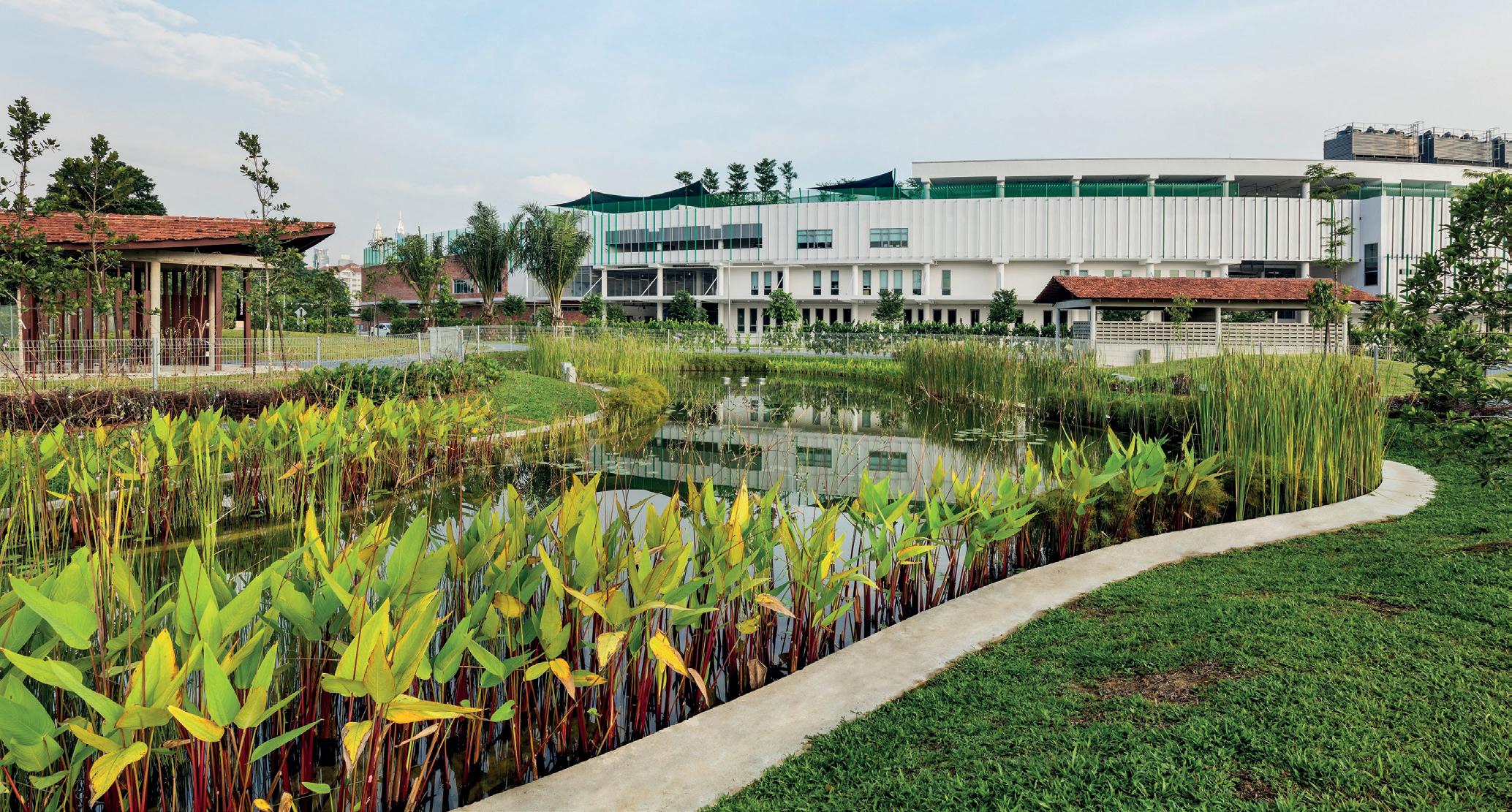People and places
Masks ... just the tip of the iceberg? Beccy Fox considers cultural sensitivity in times of Corona At the beginning of every academic year we welcome new teachers to our school. As in all international schools, they arrive a few days early for their induction programme. In addition to the usual elements – a campus tour, setting up bank accounts, and getting to know the school server – we decided to add a session on cultural intelligence. This idea started informally with teachers, both host country and expatriate, sharing their personal experiences of working with different cultures. It became apparent that this was a very useful exercise, so we decided to include it in our formal induction programme for all staff. Using the cultural iceberg analogy (Hall, 1976), we enjoy all the fun bits at the top: food, celebrations, dress and so on. These are the reasons many of us enjoy travelling. But when it comes to living in a different country, it is the elements at the bottom of the iceberg that are the most useful to understand, that can be the most challenging and that require an empathetic approach. These are the elements that we look at in our workshop.
The workshop was developed while I was Director of an international school in Bali, a culture that has so many delightful characteristics at the top of the iceberg to enjoy. In relation to the bottom of the iceberg we discussed body language (people may laugh when they are in an uncomfortable situation), time-keeping (Indonesia has a word to describe the different concept of time keeping: jam karet = rubber time), and the very important concept of saving face. This session became one of the most talked about in our induction programme, with teachers often referring back to it. One graphic that teachers found the most useful is shown below (Kaplan, 1966). It was useful in Bali for both Indonesian Winter
Summer |
| 2020
and expatriate colleagues. The Western ‘to the point’ nature of problem-solving can be as difficult to comprehend for an Indonesian teacher as the roundabout face-saving spiral is to expatriates. In fact the arrow and spiral can be attributed not only to problem-solving and saving face, but also to how we drive, how we queue, and how we solve problems.
Fast forward to my new position in Hong Kong. I wanted to continue to offer this workshop, but it needed revising for my new host country. One of the immediate differences I noticed was the different approach to health. Mask-wearing is common. If you have a slight cold, it is good manners to wear a surgical mask: a hangover, presumably, from the SARS epidemic of 2003. Now we are in the midst of the Coronavirus crisis. At the time of writing, schools have been closed for at least six weeks. Government offices are closed, as is Disneyland, and about 99% of the population are wearing some kind of face mask when they go outside. Not coming from a culture of mask-wearing, I have found this particularly challenging. Many authorities, including the World Health Organisation and the Hong Kong Chief Executive, have said that wearing a mask is only necessary if you are unwell, or treating someone who is unwell. I spent the first few days without a mask, surrounded by those who were. Masks were coming off in restaurants, smokers huddled together with masks on their chins, drivers were wearing masks while alone in their luxury sports cars. None of it made sense to me. I then had to remind myself to practise what I preach; to take a culturally empathetic approach to this mask-wearing issue. Wearing a mask, in this time of great fear, is socially expected. Whether the mask is being used ‘properly’ or not, people in my host country believe it is appropriate to be wearing one at this time. And so, just as I cover my shoulders in certain parts of the world, I am now wearing a mask in Hong Kong. Just to be polite! References Hall E T (1976) Beyond Culture, New York: Anchor Books Kaplan R B (1966) Cultural Thought Patterns in Intercultural Education, Language Learning, 16(1), 1-20
Beccy Fox is Head of School at Think International School, Hong Kong Email: headofschool@tis.edu.hk
59





























